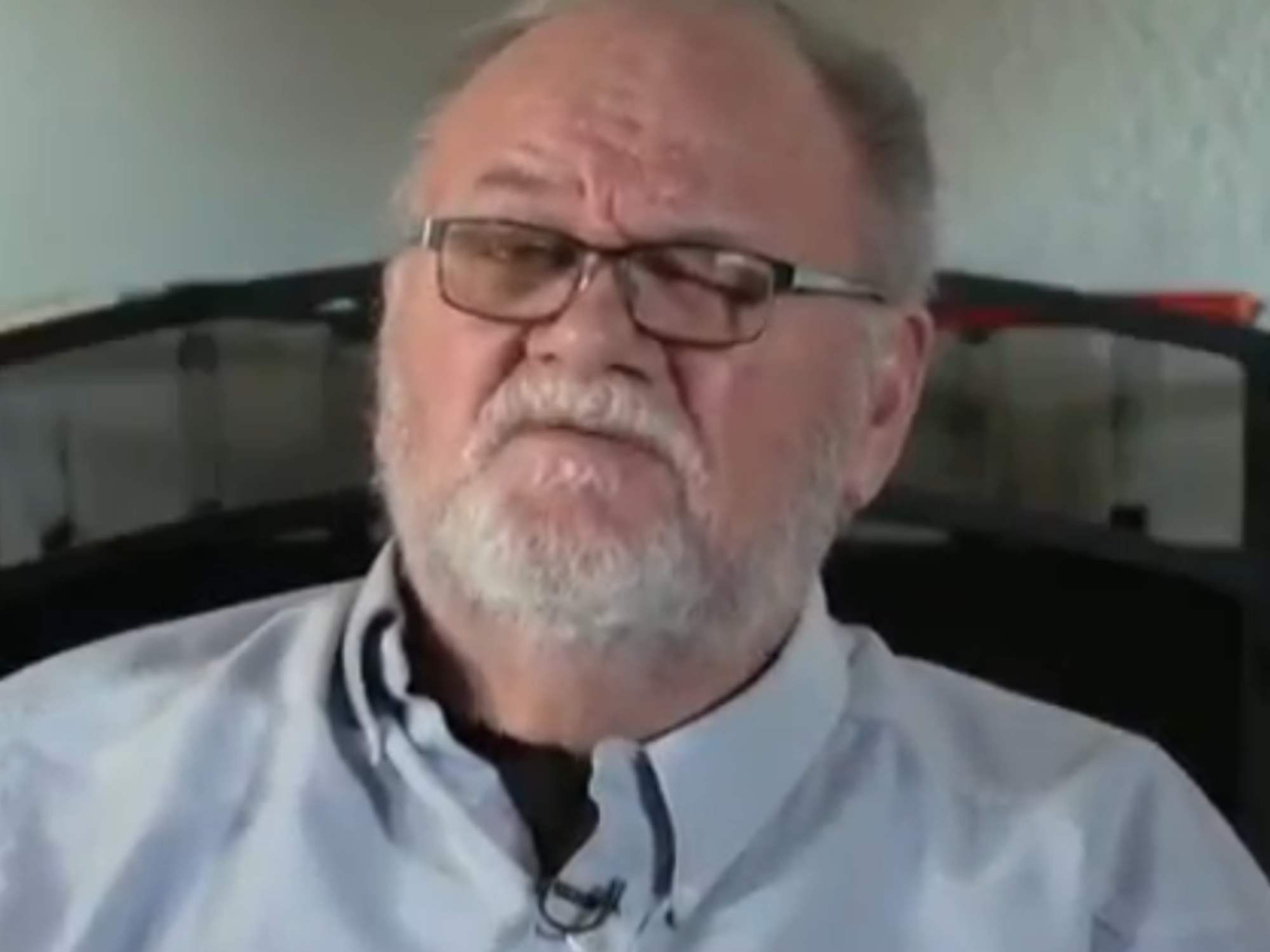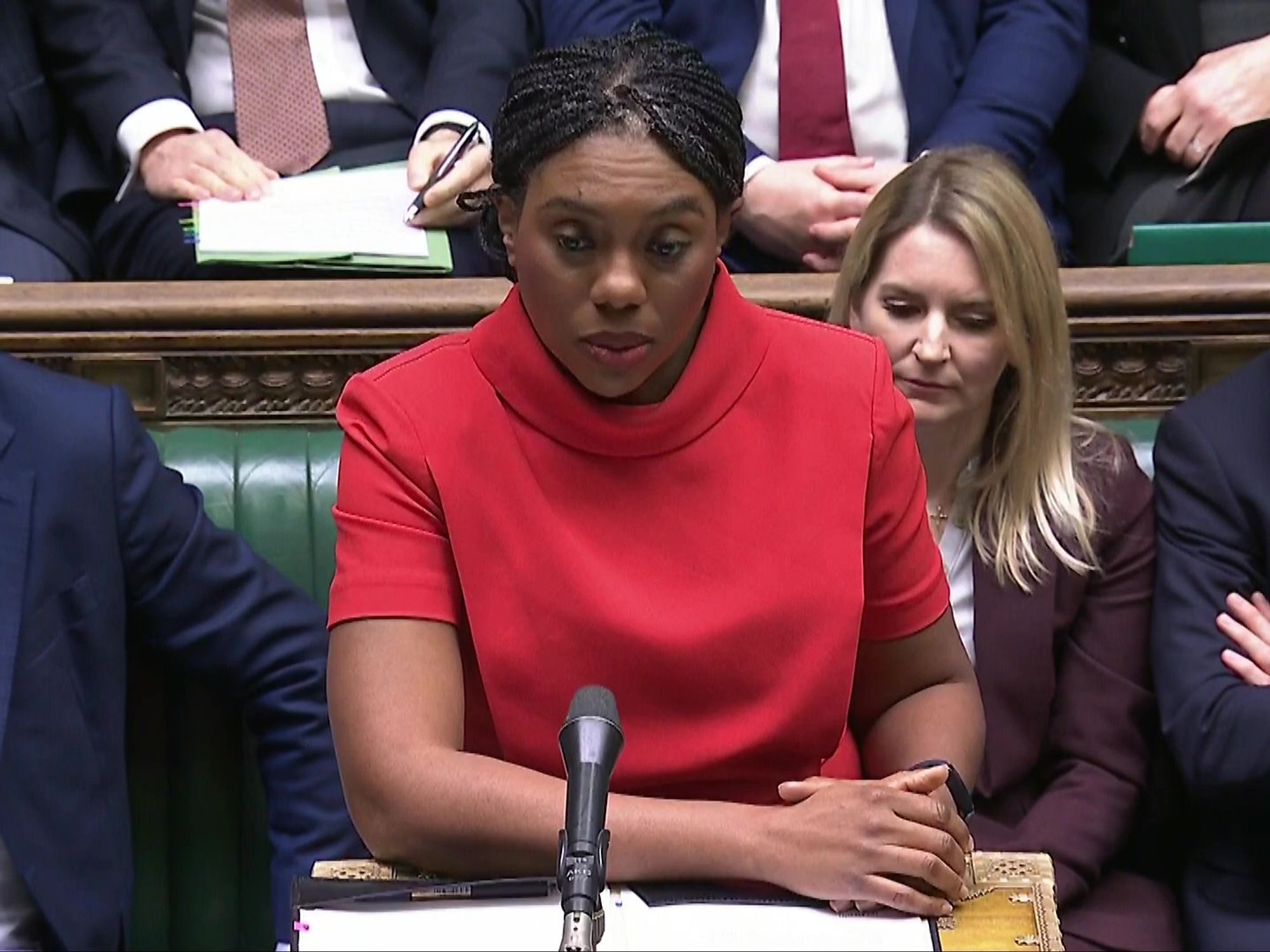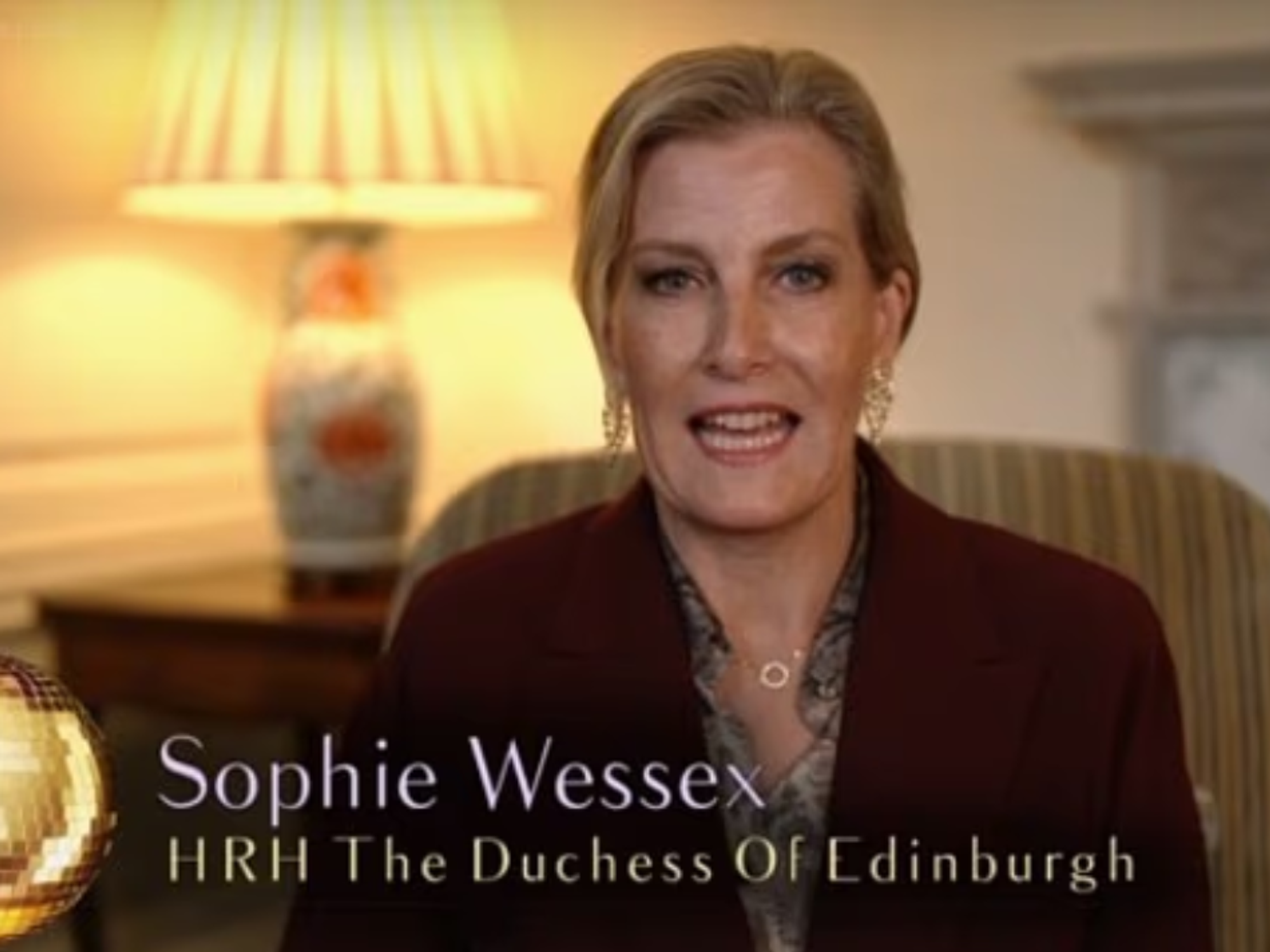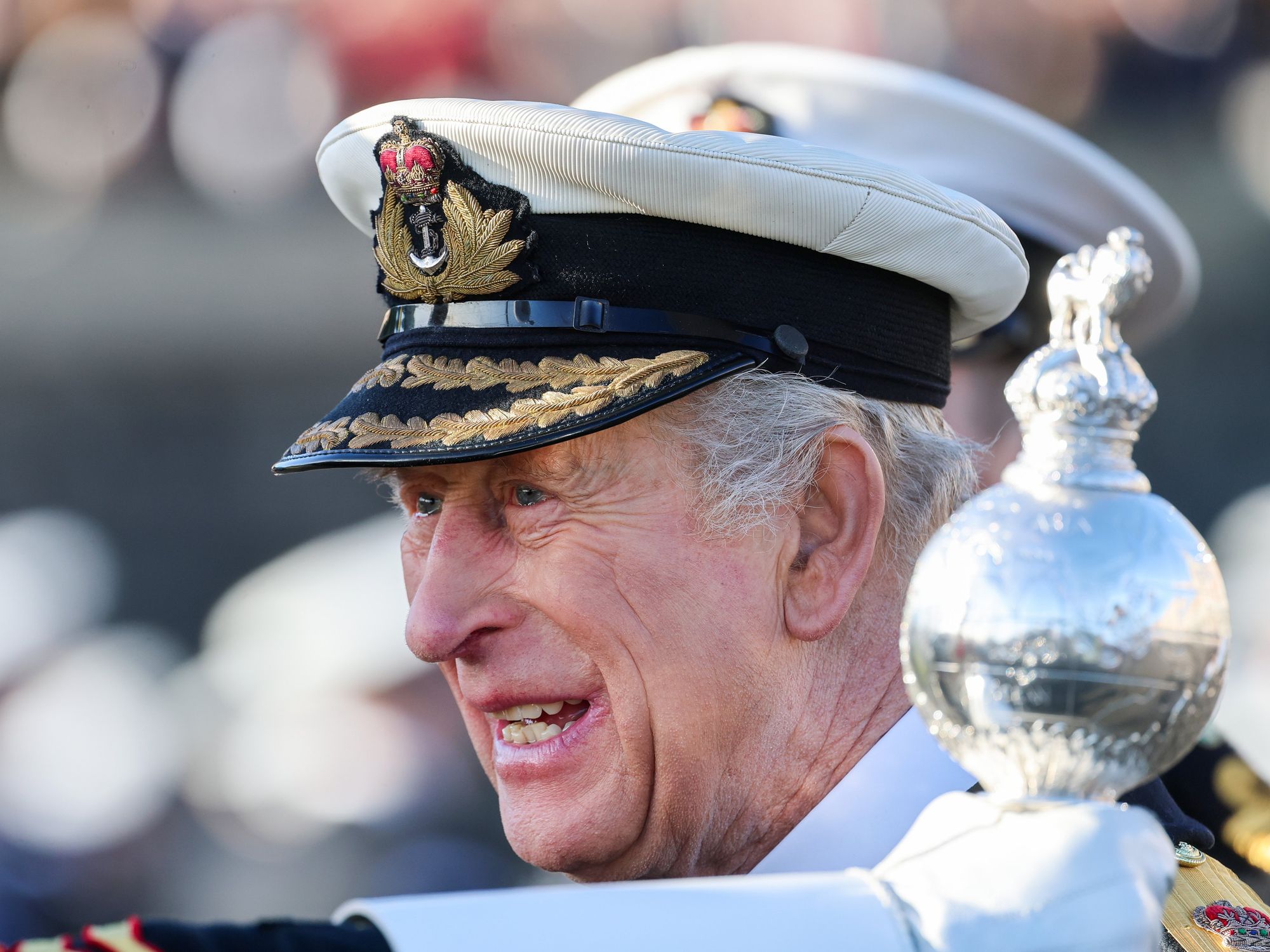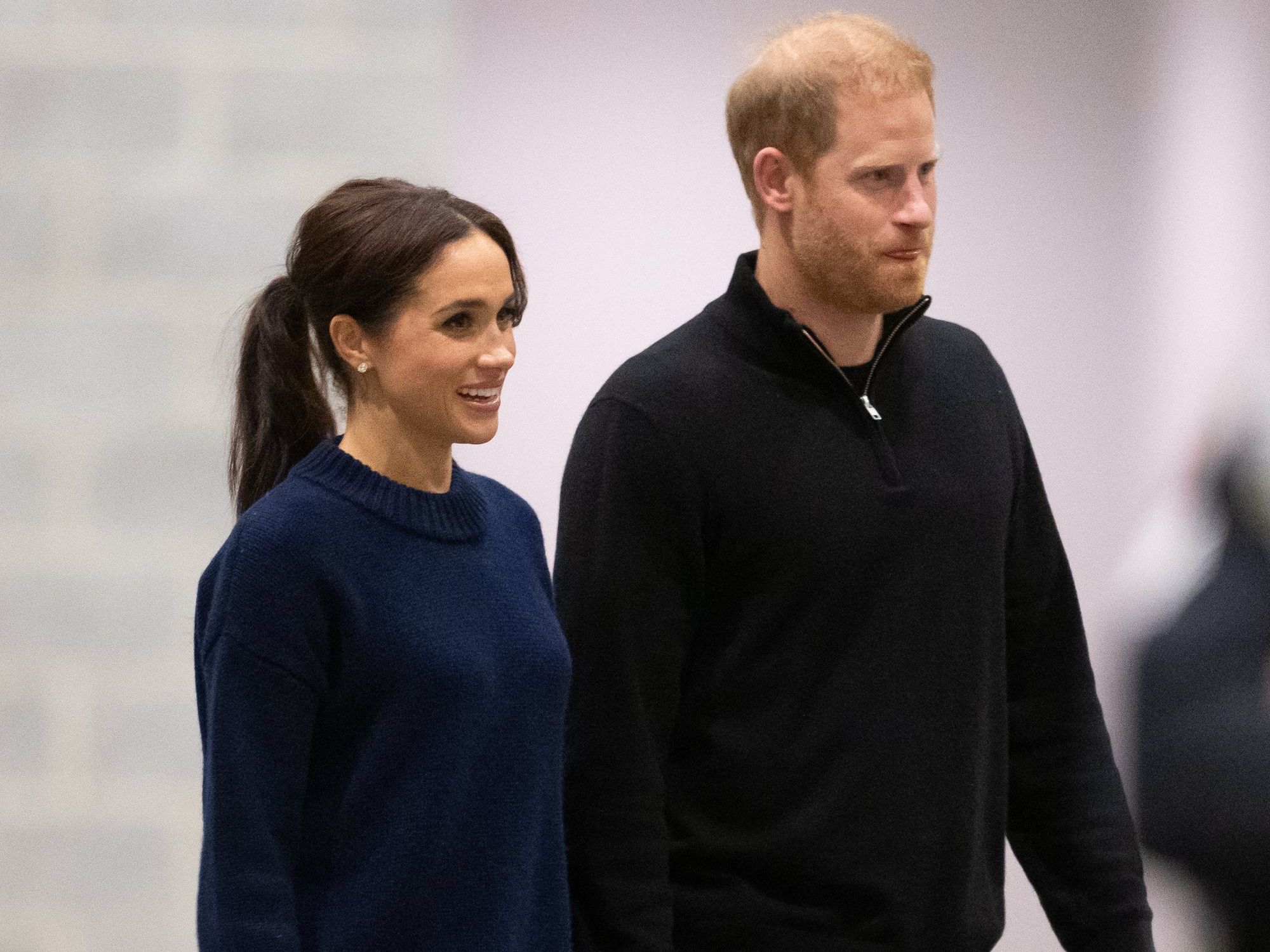How BBC bias works...the odds are firming stacked in their favour, says Alp Mehmet
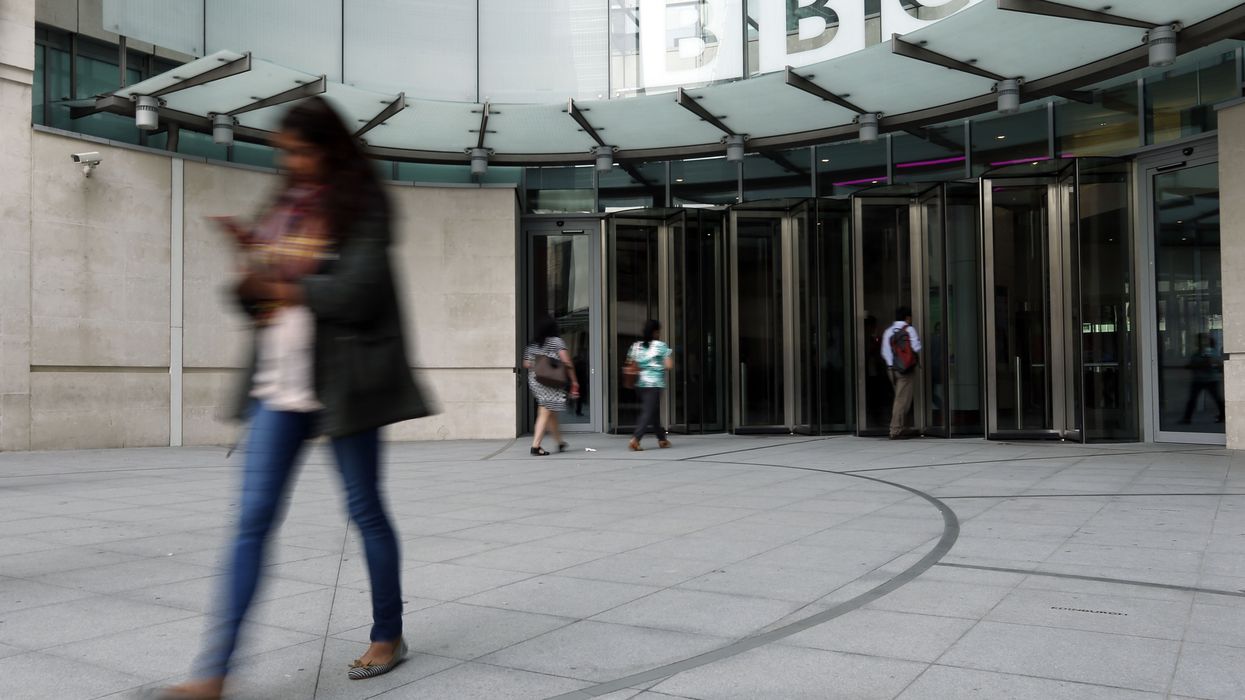
BBC has come under fire for its lack of balance
| PAAlp Mehmet gives his view on how the BBC can never be an unbiased
Don't Miss
Most Read
Latest
Is the BBC ever going to be unbiased?
I dare say, the BBC and its bastion of progressive-liberal supporters would argue that this is a loaded question which tells us more about the questioner than the BBC.
Yes, but is the Beeb biased?
Most GB News viewers and listeners, along with a significant proportion of the UK adult population would, perhaps, respond with a question of their own: “is the Pope Catholic?”
Where’s the evidence? Let me try and illustrate how BBC bias works, at least with regard to the immigration issue.
Most people watching, say, the BBC 1 Nine O’Clock News or listening to Radio 4’s Six O’clock News would think everything sounded reasonable and fair. Take this report by Dominic Casciani, the BBC’s Home and Legal Correspondent. On the face of it an accurate and informative report by a reliable and well-informed journalist, including a comment from an expert - Madeleine Sumption, the very good director of the Migration Observatory (MigObs). So, what’s the problem?
Dominic Casciani’s report was about the latest immigration figures published in November 2022 by the Office for National Statistics (ONS). You’d be forgiven in thinking that the record level of net migration to June 2022 (504,000) was just a blip, which surprised experts, who had expected the post-Brexit immigration system to bear down on numbers.
Little is said about the 1.1 million inflow, which according to Madeleine Sumption, was, “……not because of the policies designed to replace EU free movement” but down to “a unique set of circumstances”, like the Ukraine War, Hong Kongers driven away by China, a “rebound” in international students and the recovery from the Covid-19 crisis.
She went on to say, “We cannot assume they represent a 'new normal', and it would be rash to take major policy decisions based only on these numbers."
Madeleine may be right, we could eventually revert to pre-pandemic highs; personally, I very much doubt that will happen.
However, we at Migration Watch were not surprised by the exceptionally high figures. Here’s what we said at the time. The press release went to the BBC and Mr Casciani was, quite likely, aware of it.
A story can be slanted in any direction by the reporter, by simply focusing on a particular point – usually in line the reporter’s or the producer’s take. In this case, and not for the first time, it seems that the BBC chose the expert that best suited the line they had decided to go with.
I don’t for a second think that Madeleine said anything other than what she genuinely thought about the figures. Nevertheless, whichever assistant producer had approached her - perhaps Casciani spoke to her - will have asked what her take was on the stats. Fact is, there was another, very different reading of the figures from an organisation with a proven track record on analysing immigration stats and migration trends.
Some three and half years ago, the BBC prepared an extensive briefing on immigration. The briefing is something of a bible for BBC producers and correspondents. It’s available to the public.
It appears to have been edited since I last looked at it about a year ago, when it was little more than a cringeworthy paean to immigration and immigrants (incidentally, I am an immigrant). There were quite a few references to various organisations and experts, including several to MigObs. And one to us, doubtless for the sake of balance, ahem.
The descriptions of organisations mentioned in the report are still there, although the references themselves seem to have disappeared from the body of the report.
Here’s what they said about MigObs and MW:
Migration Observatory – Immigration experts at Oxford University who provide independent authoritative analysis of raw data on UK migrants and migration
Migration Watch - Group which campaigns for increased controls on immigration to the UK
So, should we be surprised that Madeleine Sumption was commissioned, with Samir Shah, Chief CEO of Juniper – a TV production company – to carry out a thematic review of the BBC’s migration output. Mr Shah is of course now chairman of the corporation.
The report has still to issue and I look forward to reading it.
Writing in TCW in March this year, David Keithley, a former BBC News producer and PR executive, wrote: “The BBC’s main problem is still that it is riddled with bias, obsessed by ‘woke’ virtue-signalling, and has a complaints process which is risibly stacked in the BBC’s favour, existing to defend the corporation rather than to address the concerns of audiences.”
I’ll leave it there.
Alp Mehmet is the chair of Migration Watch





